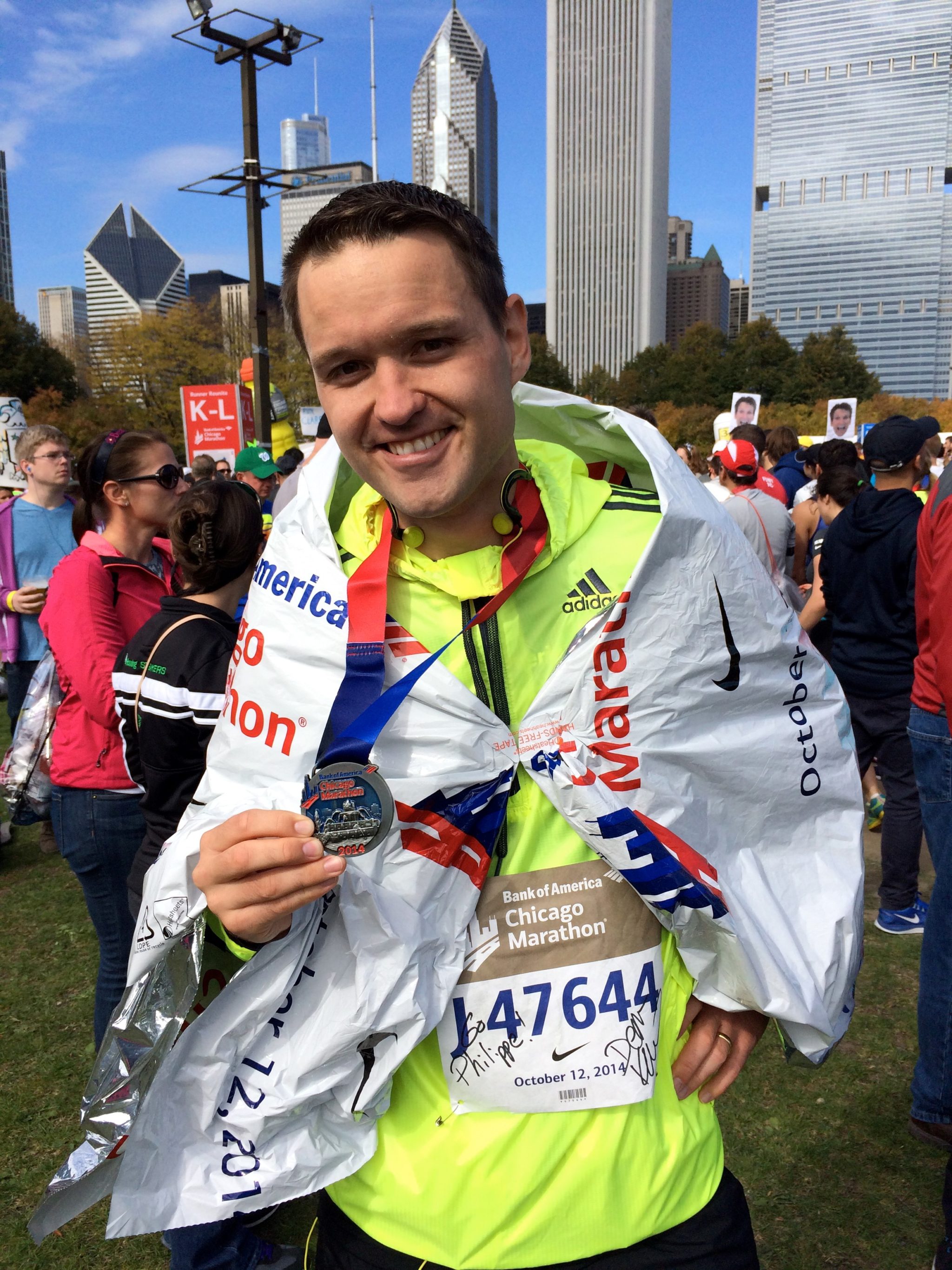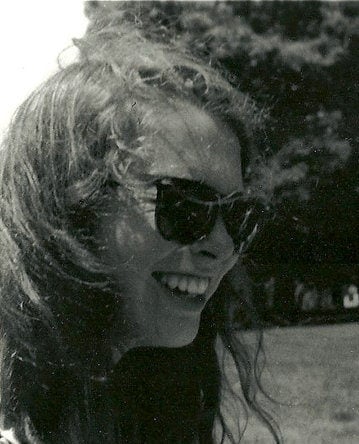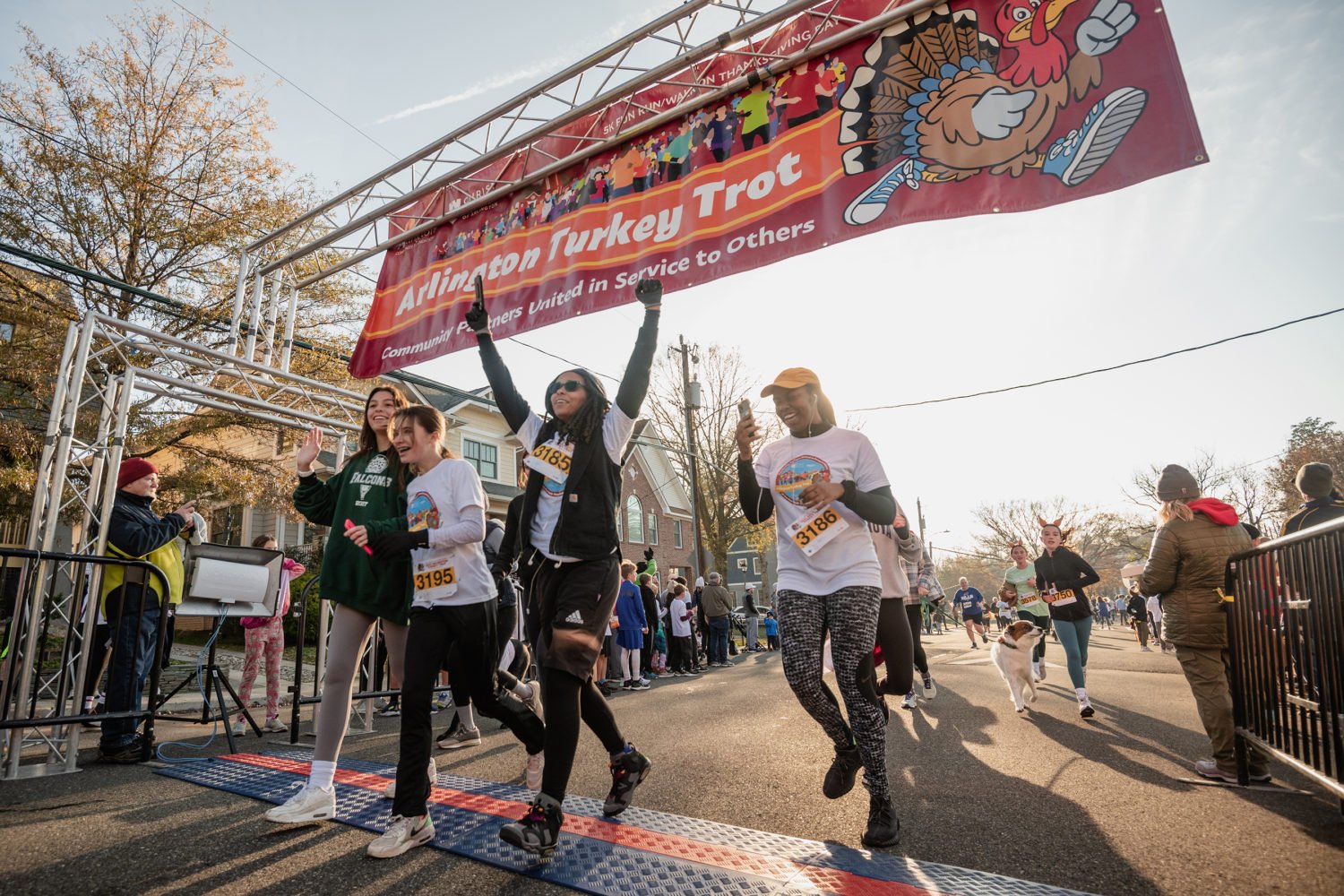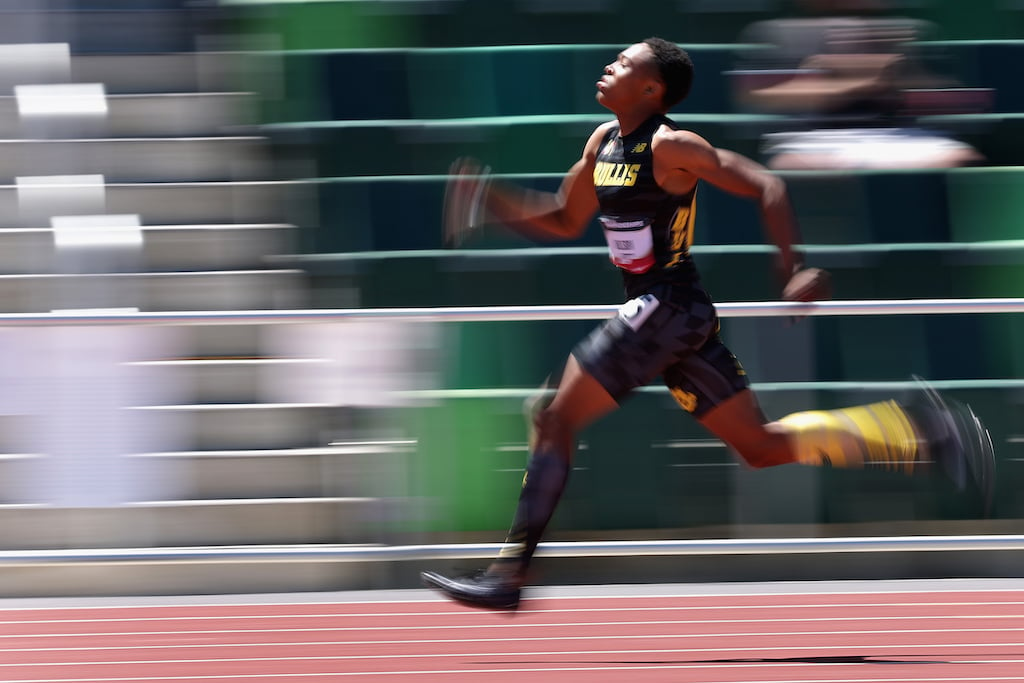Welcome to Busy Bodies, where we ask busy Washingtonians how they balance health and fitness while working crazy hours, raising a family, and meeting the demands of the daily hustle. Know someone who’s killing the fitness game while getting it done (maybe it’s you)? Email mmontgomery@washingtonian.com.
Philippe Cavatore, 35, is the director of operations at the Park Hyatt hotel in DC. He’s also a serious runner, and has finished over 20 marathons and several ultramarathons.
Cavatore lives in Rosslyn, but he was born in Germany to a German mother and a French father and attended hospitality school in Switzerland. While he was an active child and teenager, he says, once he started college and began his career, he didn’t prioritize his health. But when Cavatore was 29, the doctor told him that he had high cholesterol, so he decided to make it a priority.
“My dad ran a marathon when I was a child, and it always stuck with me,” says Cavatore, “so I said, why not do the same? Along with a lifestyle-diet change, I introduced running to my life, and I haven’t stopped since.”
While Covid-19 has cancelled all the in-person races Cavatore was planning to run this year, he’s still training for several virtual ones. As the pandemic has hit the hospitality business especially hard, Cavatore has been on intermittent furloughs over the past few months. Running, he says, has kept him sane during this time. “I am probably a better husband, father, and colleague, when I get to run,” he says. “Running is how I nurture my mental wellbeing and release tension from stress. I find clarity. You get a lot of time to think on runs that take hours.”
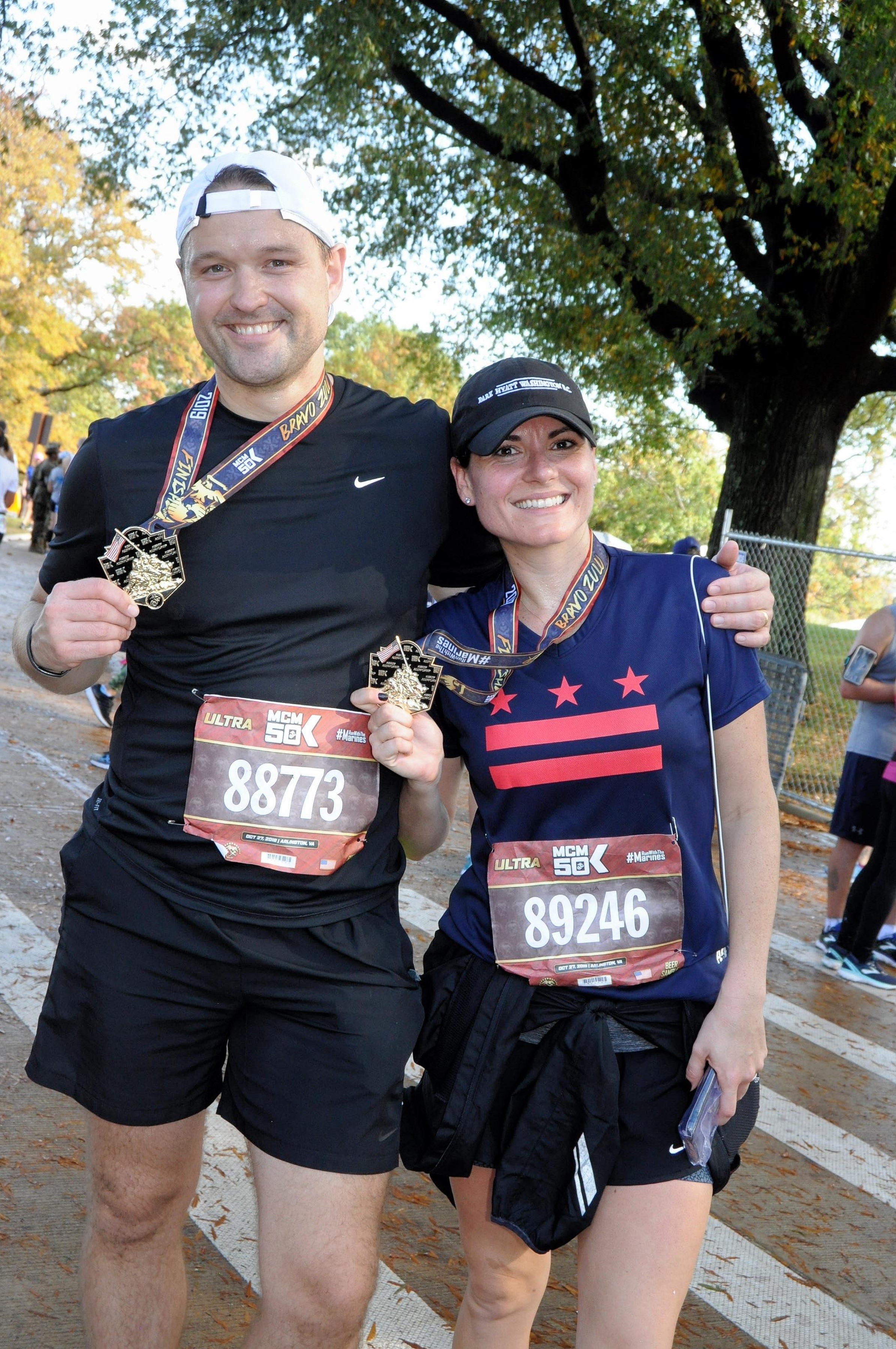
Here’s how he gets it done:
“I typically get up around 4 AM, check my emails, and start my day with a run around 4:30 AM. On weekdays, this could be anywhere between six-to-eight miles. In the winter, this is sometimes substituted with a ride on our Peloton. I’ll have breakfast after I am done, which could be anything from granola with almond milk, toast with plant-based cheese, or sometimes a homemade juice with carrots, celery, lemon, and apple. I’ve usually had two espressos by the time I leave the house to go to work at 7:10 AM. Lately, lunch has been a smoothie that my wife makes for the family in the morning. It is never a lot, since working in operations doesn’t always allow for much time. I will, however, sneak in a chocolate croissant whenever I can find one at work. It’s my French side. Dinner could be a variety of things. We have pizza once per week, sometimes twice a week. Otherwise, we try to stay as healthy as we can—and as our 4-year-old will allow us.
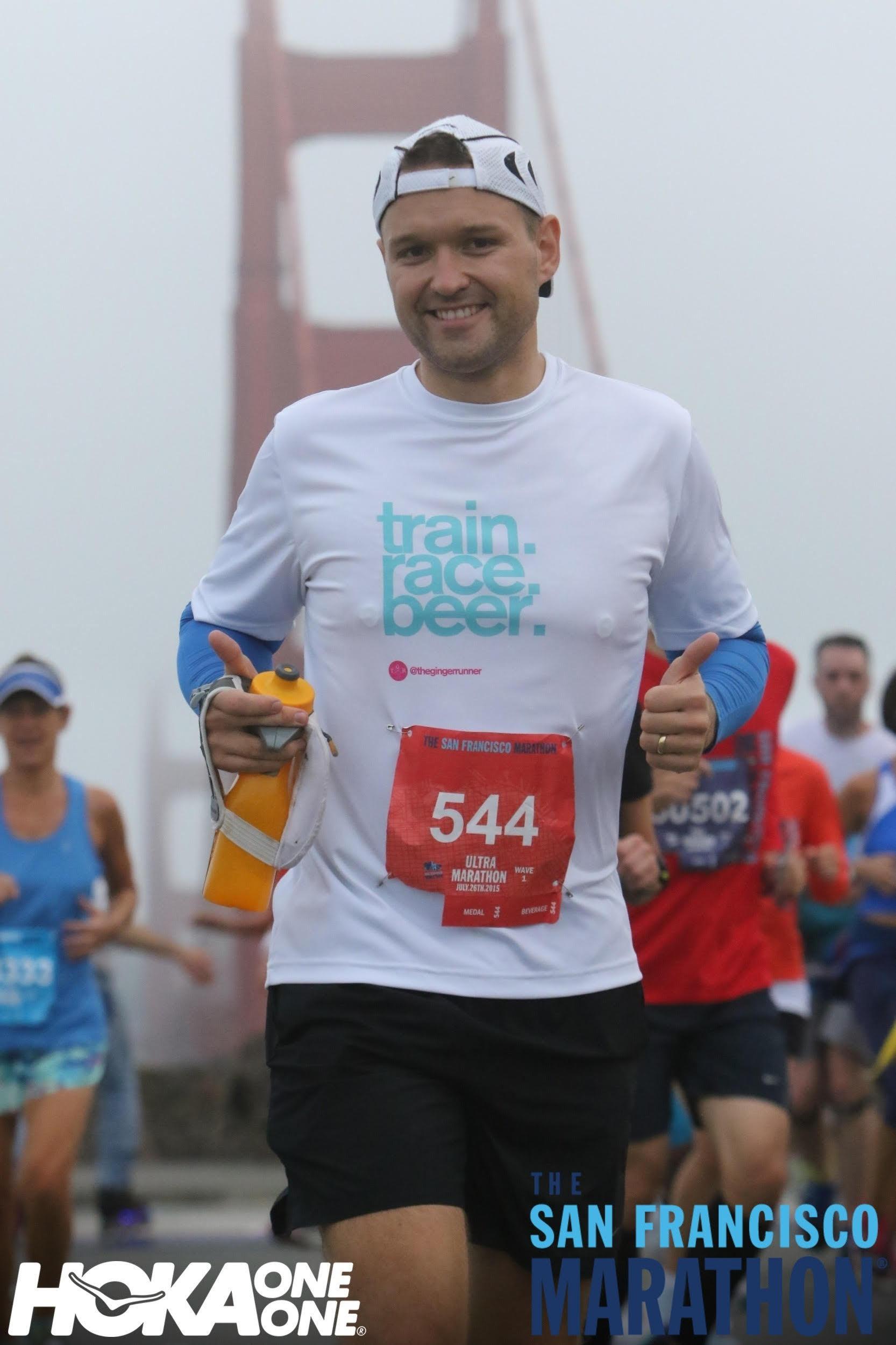
“I work 55-to-60 hours a week at the hotel. Depending on the level of business or VIPs in-house, I’ll add a sixth day. I try to force myself to leave in time to be home for dinner with the family, which isn’t always easy when you work at a business that is open 24-7. I’d rather take some work home and accomplish that after my wife and daughter go to bed. I’ll check my emails throughout the evening.
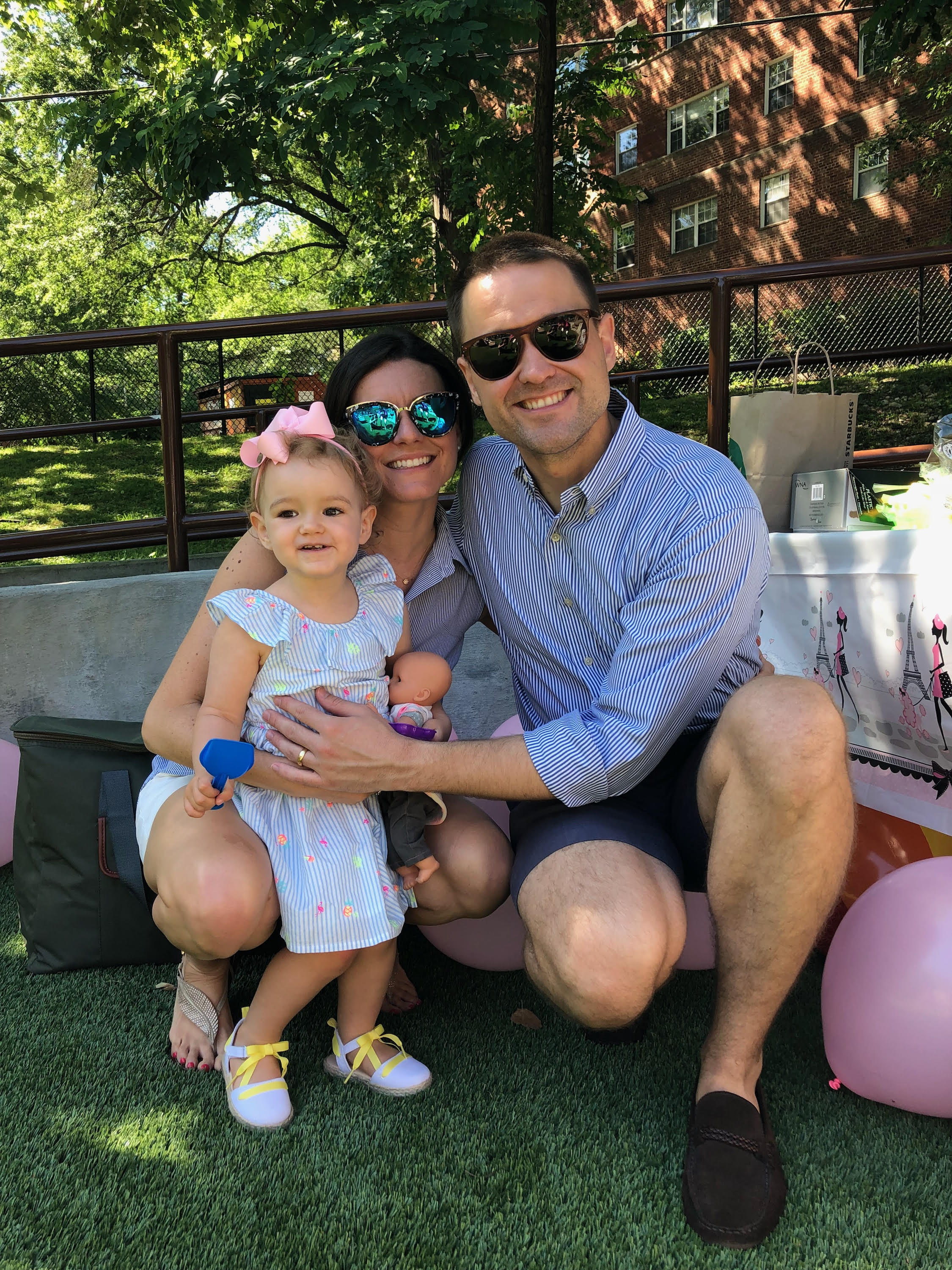
“I run because it is a sport I can perform anytime, without having to wait for a team to gather. I can exercise when it least impacts my family time and work. When training for an ultramarathon, it isn’t uncommon to run a full marathon or more on the weekends. My daughter wakes up at 7 AM every day, so [sometimes] I will wake up at 2:30 AM to get my long runs in so I can be home by the time she wakes up. Running at night is beautiful and exciting. Knowing you’ve already accomplished [that] by the time others are hitting snooze is very rewarding and a boost of confidence to tackle whatever the day has to offer. That doesn’t mean it comes easy. There are days I would rather turn around and keep sleeping, and on rare occasions it happens, but I’ll be grumpy and disappointed. I stay motived by signing up for races; [also] not wanting to waste all the training hours and the time my friends and family spend crewing or supporting me holds me accountable.
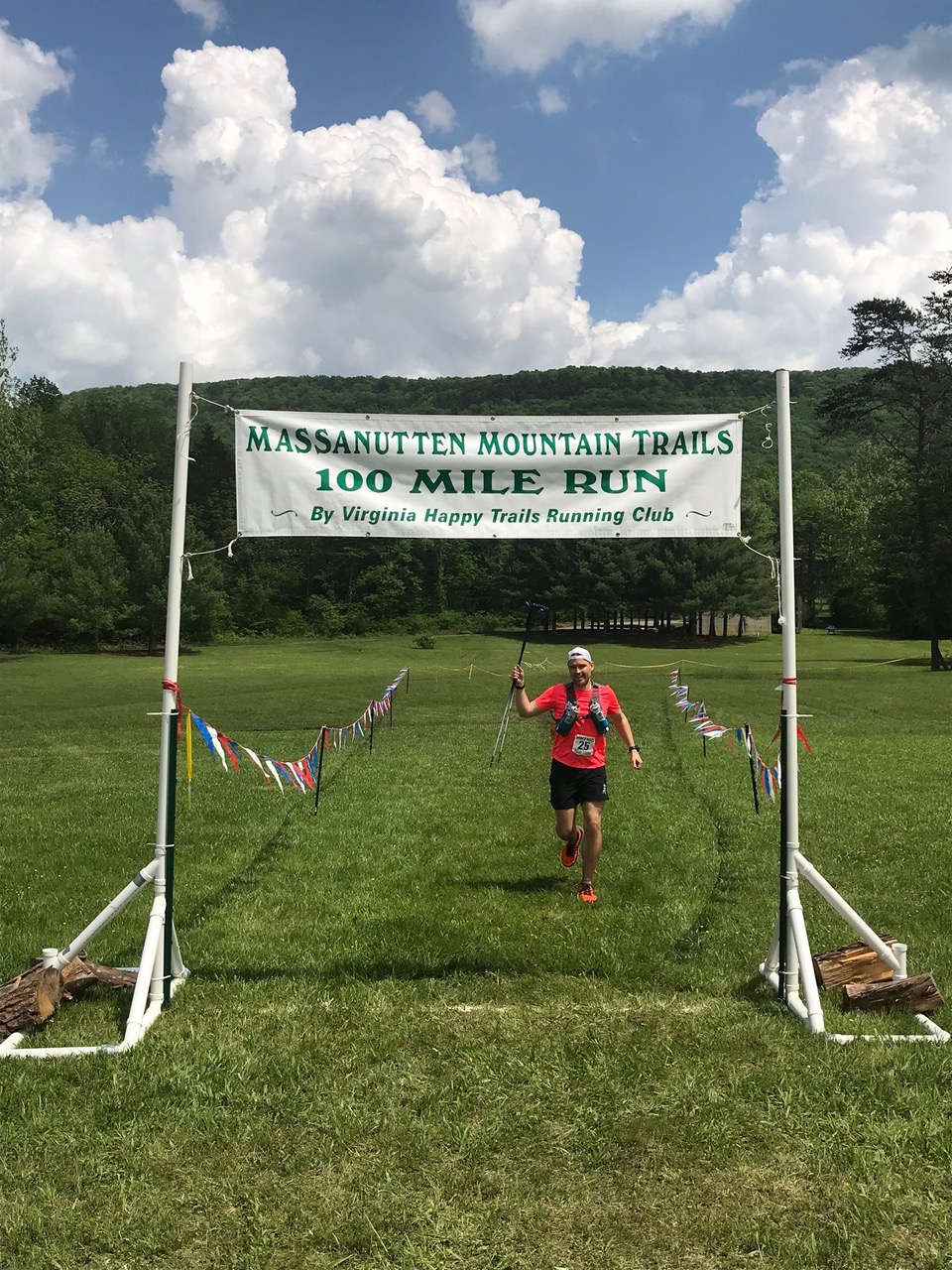
“All my races this year were either cancelled or went virtual. I had a 100-miler in March and a 100K in May that didn’t happen. The Marine Corps Historic Half went virtual, so I ran 13.1 miles in circles around the Iwo Jima Memorial. The Marine Corps Marathon (my seventh) will also take place virtually. I’ll be running the 50K distance, which is the second year the MCM offers that option. One thing is for certain, it’ll be a night run.
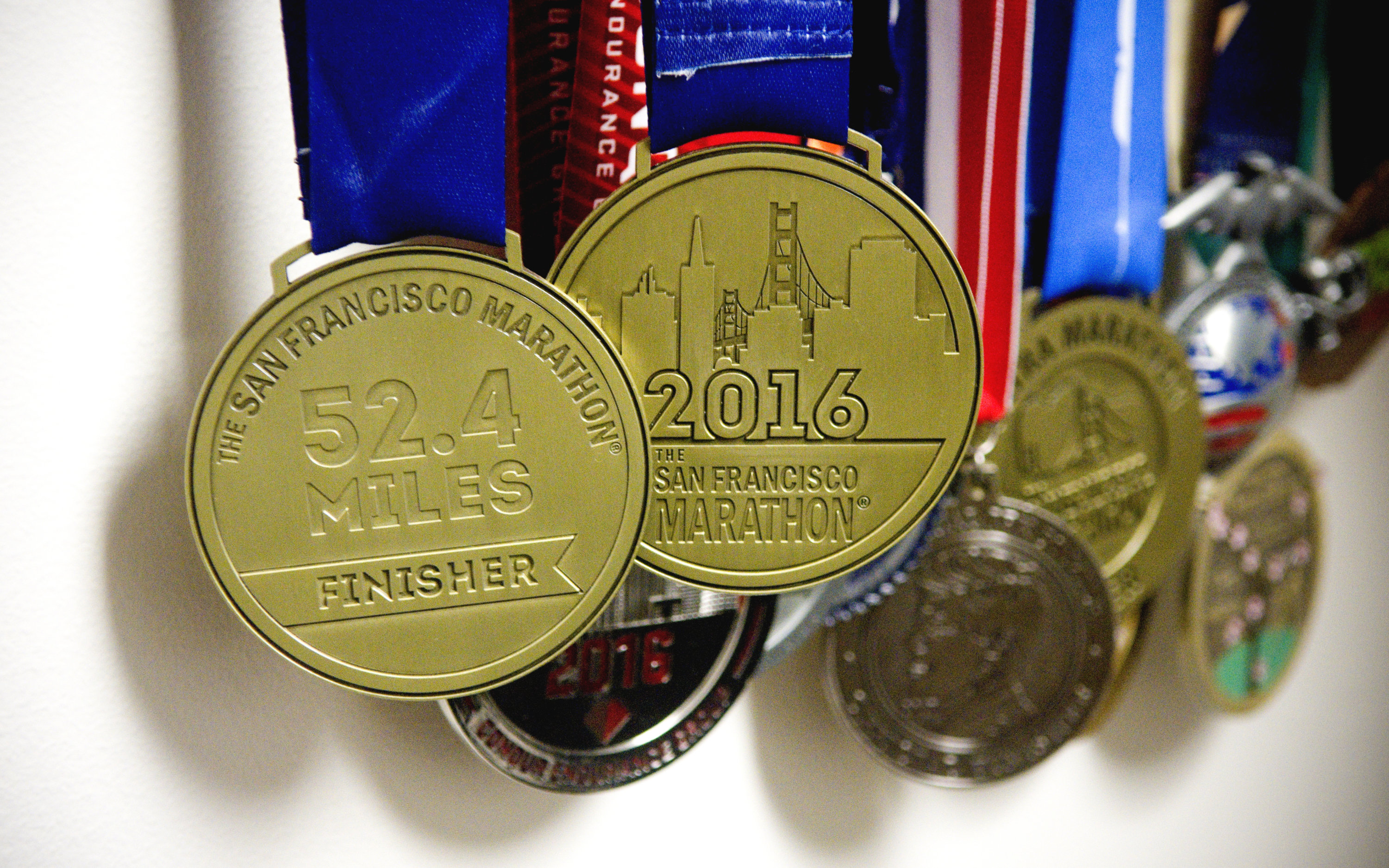
“I was able to stay busy [this summer] by signing up for the Leadville 100,000 Feet Elevation Gain Challenge, in which contestants had to run, walk, bike, or hike a total of 100,000 feet over the course of about 10 weeks. That’s almost three times [the height of] Mount Everest. It took me 211.17 miles and 64 hours, 12 minutes, and 18 seconds to complete what ended up being 100,428 feet. The Exorcist Stairs [in Georgetown] were my second home. I completed more than half the elevation for the challenge there. I oftentimes went twice a day. It kept me from just sitting at home whining about the races I couldn’t do.
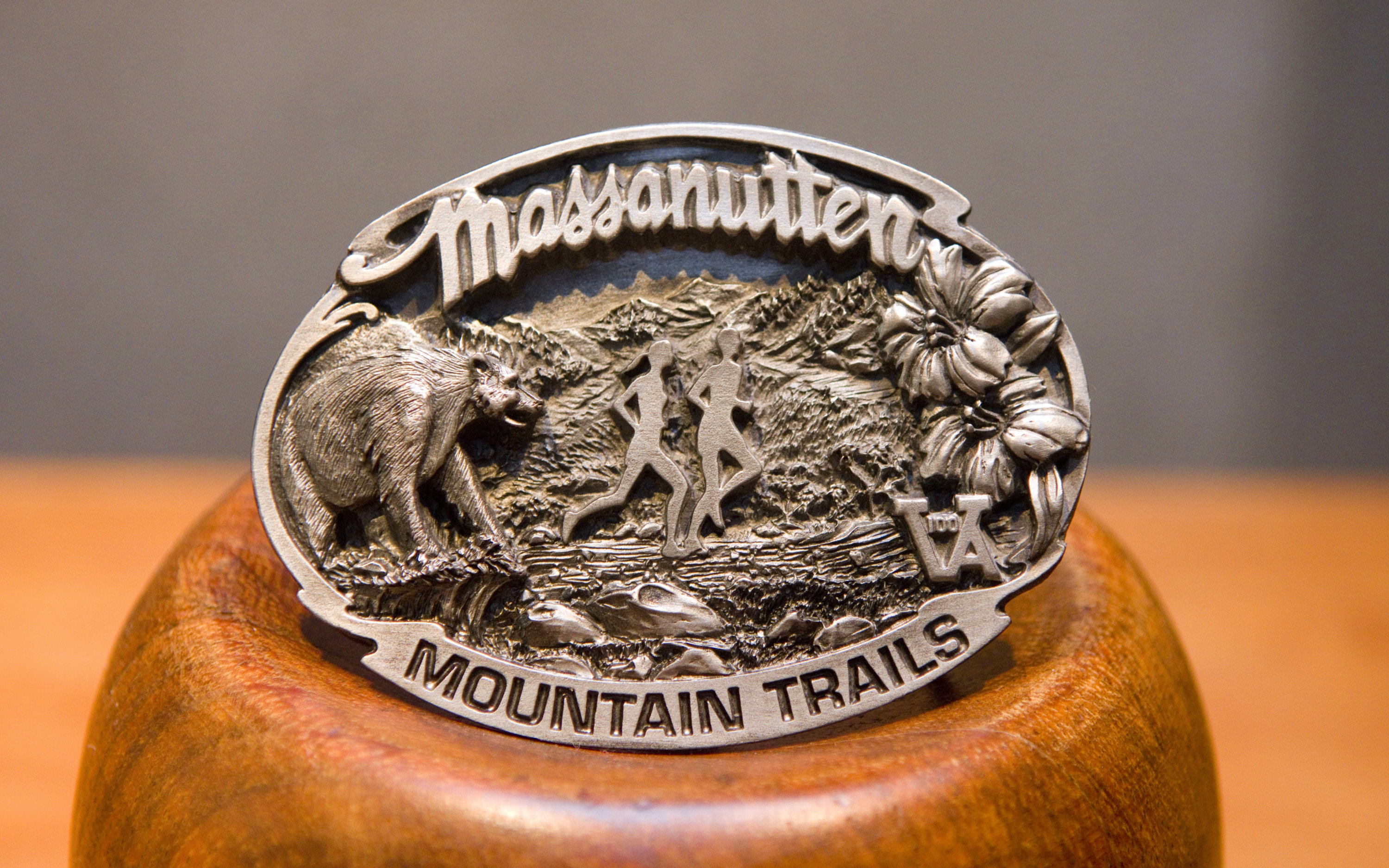
“The race I am most proud of [finishing] is the Massanutten Mountain Trails 100-Mile Run. It took me 34 hours, 41 minutes, and 20 seconds. The scenery in the Virginia mountains was beautiful, and running the ridge of a mountain around 2 AM in the fog [felt] adventurous. I fell asleep twice while running, and chose to take a 10-minute nap at an aid station. It felt great. Fun fact, when completing a 100-mile race, you oftentimes get a belt buckle instead of a medal. It’s my most prized possession.”
This interview has been edited and condensed for clarity.

